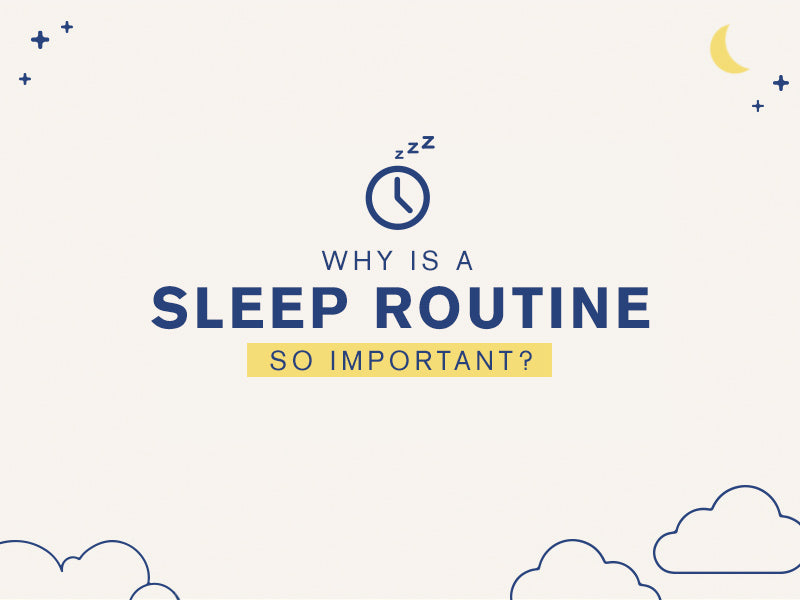Starting and Sticking to a Sleep Routine (and Why it’s Important)

The Importance of a Good Sleep Routine
A good night's sleep is crucial for both physical and mental well-being. However, many individuals struggle to fall asleep, leading to groggy mornings and decreased productivity. Establishing a healthy sleep routine is key to combating these issues and promoting overall wellness.
Why Is a Sleep Routine Important?
A consistent sleep routine offers numerous benefits:
Enhanced Mood and Productivity: Quality sleep improves mood, cognitive function, and on-the-job performance.
Prevention of Insomnia: A regular sleep schedule reduces the risk of chronic insomnia, especially among young adults and teenagers with conflicting sleep patterns.
Optimized Health: Adequate sleep supports weight management, boosts the immune system, and may even extend lifespan.
How to Build a Good Sleep Routine
Follow these steps to establish a healthy sleep regimen:
- Set a Target Wake-Up Time: Determine a consistent wake-up time based on your daily commitments.
- Calculate Bedtime: Deduct the recommended 7-8 hours of sleep from your wake-up time to determine your bedtime.
- Experiment with Timing: Adjust your bedtime and wake-up time gradually until they align with your natural rhythm.
- Avoid Stimulants: Minimize caffeine, nicotine, and alcohol intake before bedtime.
- Consider Natural Supplements: Melatonin or chamomile tea can aid relaxation during the transition period.
How to Change a Sleep Routine
Transitioning to a new sleep routine requires patience and dedication:
Gradual Shift: Slowly adjust your sleep and wake times to minimize disruption.
Manage Sleep Deprivation: Expect some initial sleep loss and plan for extra downtime to compensate.
Optimize Environment: Maximize exposure to natural light during the day and minimize screen time before bed.
How to Maintain a Sleep Routine
Once established, maintain your sleep routine with consistency.
Stick to the Schedule: Maintain regular sleep and wake times, even on weekends.
Prioritize Sleep Quality: Only go to bed when sleepy to improve sleep efficiency.
Be Flexible: Allow occasional deviations while promptly returning to the routine to prevent relapse.
A well-maintained sleep routine leads to improved energy, concentration, and overall well-being. By prioritizing sleep, you invest in a healthier and more fulfilling life. Incorporate these practices into your daily routine to experience the benefits of quality sleep. Start working toward establishing a regular sleep routine today, and it won’t be long before you begin to experience better health and a happier, more enjoyable life.
To make the transition easier, be sure you’re sleeping on the right mattress. Sit ‘n Sleep is here to help. Stop by your local Sit ‘n Sleep store and let our trained Sleep Consultants help you choose a mattress that’s the right size and comfort level for your individual body size, type and lifestyle. With the right sleep system, you’ll find it’s much easier to get started on a sleeping routine that you can stick to for a happier, healthier, and more productive life.








